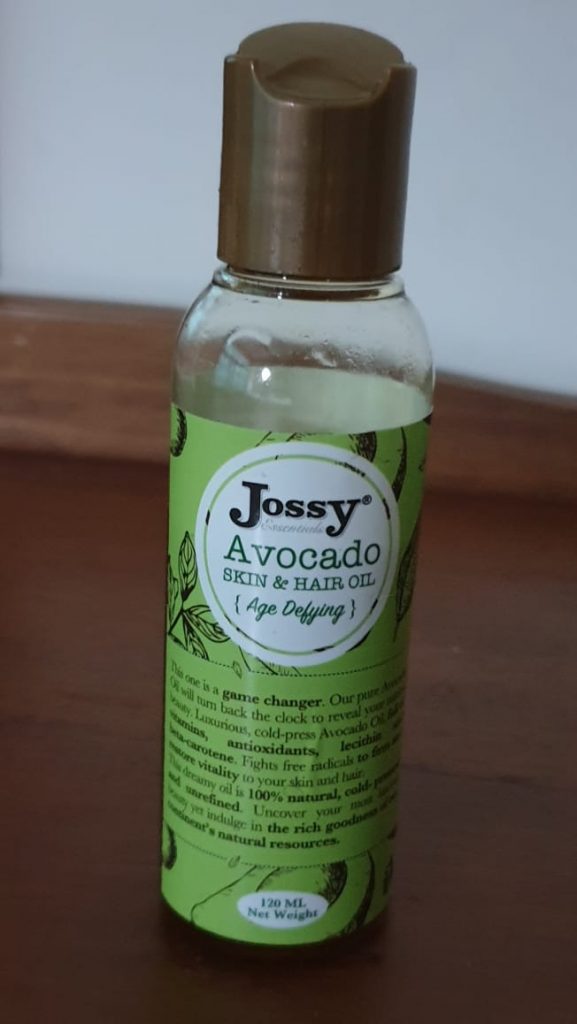bespoke
/bɪˈspəʊk/ . adjective
BRITISH adjective: bespoke
made for a particular customer or user. “a bespoke suit”
Let me tell you something about me. I am a decidedly big bespoke customer. I like all of my services to be tailor-made to me. I will not for example go to a doctor or lawyer who will make me wait (unless I can’t help it) and I much prefer those who will give me appointments – and keep them. I am not big on buying services that are mass market, offered by popular professionals.
I would rather go to a small quaint restaurant that serves great food and an ambience that has character than a large popular chain that is advertised on TV. I am quite happy to go to a start up photographer who cares about his trade than an “established” photographer who is in great demand.

In the same breath, I abhor imported goods and I am always on the prawl for Kenyan goods that are of the quality (or better) that I would get in imported goods. So when I am in the supermarket I will spend hours trying to find local body oils (have you seen the Jossy range? Go to Naivas (Kenyan) or a supermarket near you and check them out).
I will not buy imported sugar and I have been known to frustrate my family if they were shopping with me because I will go to store after store looking for sugar with a local label.
In matters fashion, I am especially particular. I like to have my cloths custom made. It’s one of the ways that I “Buy Kenya, Build Kenya”, supporting local designers and fundis. My few suits are made by such designers as 56Authentique and Nick Ondu and I have recently found Sir Lawrence who stitches shirts perfectly. I have even contracted a local bags designer, KraftWorth in Langata. I have hopes of having custom Kenyan shoes, a Kenyan watch label and more.
My patronage of these local designers has not come without a price – well, beyond what we agreed I would pay them. In almost all of the cases, they started out great – I generally start working with them when they are starting out or fairly new entrants. At that time the service is great. The cloths are fantastic and I feel great as a customer. Because I feel great, I tweet about it. I recommend my friends to them. I order more.
Then they grow and thats when the challenges come. Suddenly, the cloths need more than one session of adjustment. Now, they don’t have time to come to you for a fitting – although they said they would. Suddenly things are not ready on time. Lately they speak to you with the tone that says that you are “sumbua” especially if you complain.
Last week, I met with a fashion designer, after a bit of this frustration and I decided to simply speak candidly with him about the bespoke business. I wanted him to have an appreciation of my understanding of his business and what recommendations I would have for him. One of the main reasons that I was thoroughly dissatisfied with him was because after being late to deliver to me by a few days, I asked him why and his answer floored me.
“I forgot,” he said.
“People don’t come to you because they need suits,” I told him. “They don’t buy cloths from you. What they buy is confidence.” You see, one goes to get a bespoke suit because of how they (the wearer of the suit) feel when they have it on. Otherwise, they would go to Sir Henry’s or any one of the hundred ready-made suits that exist.
People choose bespoke suits because of the excellent fit (even for people who do not have model-esque physiques) and therefore the prestige of having well designed, well cut cloths on them. They are confident because they know that shirt button will not pop off and fly at a clients eye the moment they sit down. Their trousers will not rip as they bend to pick something off the floor in a moment of chivalry.
I certainly choose bespoke because if the deliberate care that comes with a customised service. The person will have time for me. They will be on time. They will take care to understand my needs and they will be ultra-careful to make sure that I am pleased at the end of our transaction. I go to bespoke people for the convenience and also for the reasonable cost (even though it might be a bit higher than the imported folks).
I suggested to the designer I was speaking to that if they lose sight of the customer at any point, they will lose the customer. Most customers will not complain – they will simply pay and go and they will not come back. But the ripple effect of that departure is enormous! Dissatisfied clients speak louder and to more people than satisfied clients.
In my understanding, the bespoke business has the central challenge of maintaining a healthy number of satisfied repeat customers – those who regularly form the cashflow of the business. These ones are important because they become the marketing agents for the bespoke business.
Additionally, the bespoke business has the challenge of ensuring referrals and therefore widening their array of customers so that they will never starve. Here’s the truth. The most talented bespoke designer will fail in their business if their handling of the customer struggles.
Ditto: all other service providers.